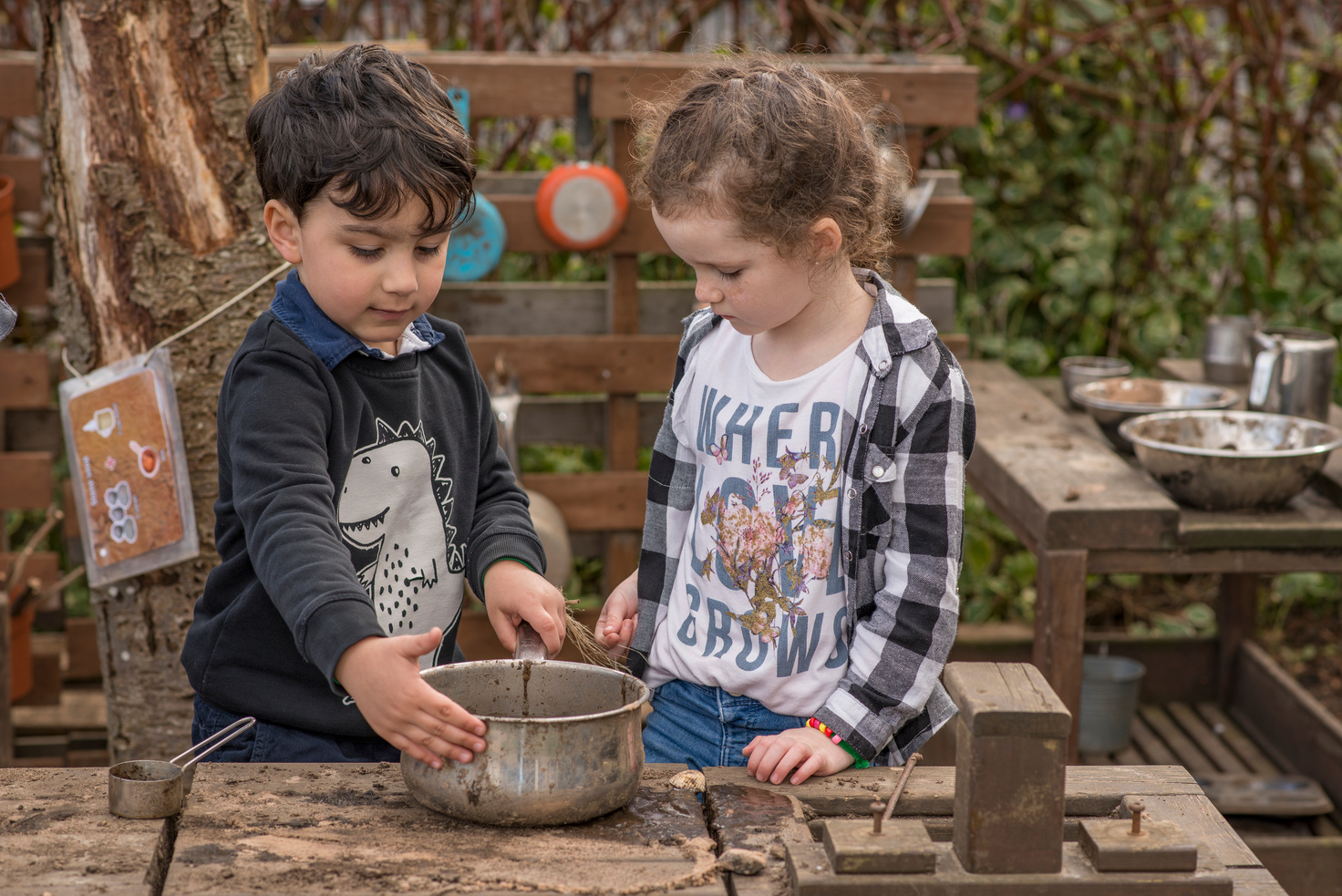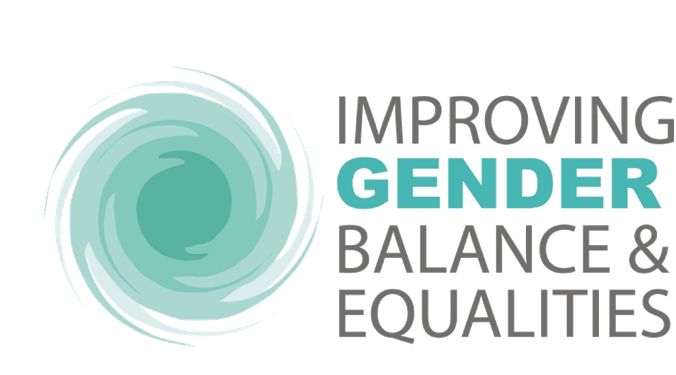Improving Gender Balance and Equalities
Children receive and absorb gender stereotyped messages about what they can and cannot do as a girl or as a boy from a very early age. Research strongly suggests that there is no inherent difference between girls and boys which should limit their interests, capabilities, or ambitions. And yet, we recognise that subject choice, and many subsequent work and life choices, are highly gendered.
The Improving Gender Balance and Equalities Programme aims to establish interventions to effect long-term cultural change with a particular focus on challenging gender stereotypes and addressing the impacts of unconscious bias to encourage greater gender balance across occupations.
A team of six officers work with Early Learning and Childcare (ELC), Primary, Secondary and Community Learning and Development (CLD) providers on a regional basis to develop and embed practical ways to address gender bias and tackle inequity in learning.
Resources by sector
Links to further resources for practitioners to use to help provide ongoing and sustained opportunities to reflect on gender stereotypes.
Early Learning and Childcare (ELC)
Primary Schools
Secondary Schools
Community Learning and Development (CLD)
Guidance for practitioners
Featured content
-
 Improving Gender Balance Equalities action guide
Improving Gender Balance Equalities action guide
Guidance for practitioners on tackling unconscious bias on gender stereotypes
-
 Improving Gender Balance Data Guide
Improving Gender Balance Data Guide
Guide to addressing persistent gender imbalances through gathering and analysing data.
-
 Improving gender balance and equalities 3-18
Improving gender balance and equalities 3-18
Links to resources and research to help practitioners identify and tackle issues of gender stereotyping.
-
 South Ayrshire Council Thriving Communities: a case study for IGBE in CLD Last updated on 22 July 2025
South Ayrshire Council Thriving Communities: a case study for IGBE in CLD Last updated on 22 July 2025A peer reviewed case study of how Community Learning and Development providers are using the Improving Gender Balance Equalities Data Guide and Self-evaluation Framework.
-
 Improving gender balance and equalities 3-18 Last updated on 22 July 2025
Improving gender balance and equalities 3-18 Last updated on 22 July 2025Links to resources and research to help practitioners identify and tackle issues of gender stereotyping.
-
 Gender Balance in STEM (2015) Last updated on 07 April 2025
Gender Balance in STEM (2015) Last updated on 07 April 2025This briefing summarises research on the gender differences in participation and attainment in science, technology, engineering and mathematics (STEM) subjects.
Featured links
Improving Gender Balance Equalities Podcast Series
- Episode 1: Introduction (Sway Presentation) chevron_right
- Episode 2: Gender Inequality in Society (Sway Presentation) chevron_right
- Episode 3: Chemistry (Sway Presentation) chevron_right
- Episode 4: Time for Inclusive Education (Guest host) (Sway Presentation) chevron_right
- Episode 5: Dance (Sway presentation) chevron_right
- Episode 6: Rape Crisis Scotland (Guest host) (Sway Presentation) chevron_right
Sharing Practice
Examples of practice that aim to counter the effects of gender stereotypes and unconscious bias, from educational establishments in Scotland. Some examples will work in any setting, others will need to be adapted to your particular context.

Background
The Improving Gender Balance and Equalities (IGBE) programme is working with school clusters to explore and assess interventions to address gender imbalances in participation, curricular preferences and learner pathways at every stage (3 – 18 years).
We know that children receive and absorb gender stereotyped messages about what they can and cannot do as a girl or as a boy from a very early age.
Research strongly suggests that there is no inherent difference between girls and boys which should limit their interests, capabilities or ambitions. And yet, we recognise that subject choice, and many subsequent work and life choices, are highly gendered.
We promote a whole-establishment approach, in order to tackle the root causes of gender imbalances, in a sustained and embedded way.
Early Learning and Childcare
Primary schools
Secondary schools
Other partners
Other resources
Other equalities related research PDF files
- In sight: perceptions and experiences of Black, Asian and Minority Ethnic young people in Scottish schools (Intercultural Youth Scotland 2020) chevron_right
- Girls in Scotland (Girl Guiding Scotland, 2020) chevron_right
- Reflecting realities: survey of ethnic representation within UK Children’s Literature 2019 (Centre for Literacy in Primary Education, 2020) chevron_right
Improving Gender Balance Scotland pilot project
STEM equalities related research PDF files
- Women in STEM : An intersectional analysis of multiple discriminations (Equate, 2020) chevron_right
- Our careers, our future - STEM careers provision and young people (Engineering UK, 2020) chevron_right
- • Research briefing: Looking at gender balance in STEM subjects at school (Education Scotland, 2015) chevron_right
Additional STEM equalities research
- Opening Doors – A guide to good practice in countering gender stereotyping in schools (PDF Institute of Physics, 2015) chevron_right
- • UCL: What sort of girl wants to study physics after the age of 16? Findings from a large-scale UK survey (Mujtaba and Reiss, 2013) chevron_right
- List of references: Looking at gender balance in STEM subjects at school (Education Scotland, 2015) chevron_right
Note on copyright
The Institute of Physics (IOP) materials are made available with the kind permission of the Institute of Physics (© Institute of Physics 2017). Re-use of these materials is subject to the IOP copyright policy.
Improvement questions
Are there ongoing and sustained opportunities for children and young people to reflect on gender stereotypes?
How do these resources help us to recognise and address our own unconscious bias?
How could these resources support improved gender balance in subject uptake and widen learner pathways?
How do these resources contribute to whole-establishment improvement?

